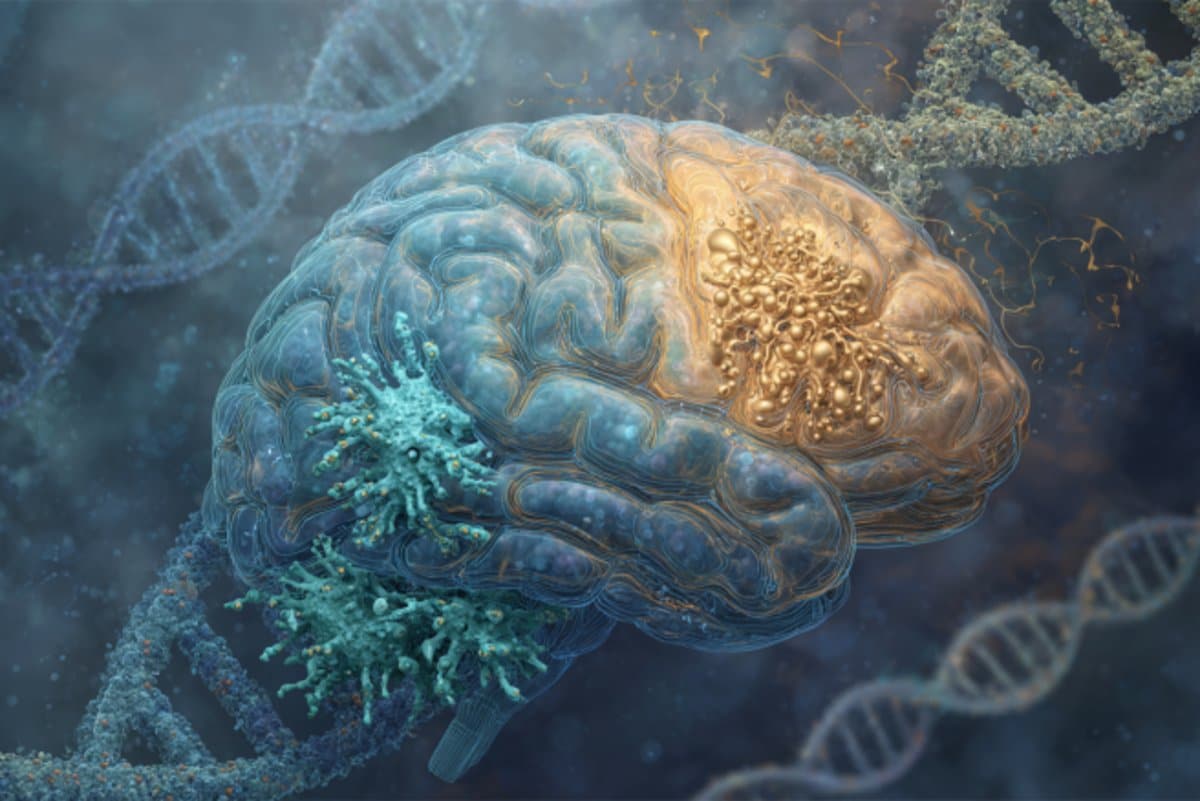In 1942, at the age of 10, Nazis attacked Gad Partok’s street in the coastal Tunisian town of Nabeul. He witnessed them going door to door, dragging out his neighbors, shooting them, and burning down their homes. Like many other Jews who migrated to Israel after the war, Partok thought that Israel would be a place where he could finally be free from persecution. However, the Israeli-Palestinian conflict has served as a constant reminder throughout the years that safety is not guaranteed, and security comes with a price. The events of Oct. 7, 2023 — the day when Hamas carried out the largest massacre of Jews since the Holocaust — shattered his belief in Israel as a sanctuary.
The 93-year-old observed from his living room as TV news aired videos of Hamas militants rampaging through communities just a few kilometers (miles) from his residence in the southern Israeli city of Ashkelon. As rockets were launched from Gaza and thundered overhead, Partok witnessed footage of the militants killing, looting, and taking hostages.
“I thought — is this the same as the Nazi era? It can’t be,” Partok said, clenching his fists as he spoke.
Saturday marked International Holocaust Remembrance Day, which commemorates the killing of 6 million Jews and numerous other groups by the Nazis and their collaborators. In Israel — a country with approximately half of the world’s Holocaust survivors — the day holds added significance due to the recent trauma of Oct. 7.
Gad Partok, 93, a Tunisian-born Holocaust survivor, prepares coffee in his home in Ashkelon, southern Israel, Friday, Jan. 26, 2024. (AP Photo/Maya Alleruzzo)
Hamas militants breached Israel’s renowned security defenses on that day, resulting in the deaths of approximately 1,200 individuals and the capturing of around 250 hostages to Gaza. For many, that rampage brought back memories of the Nazi horrors. Partok was astonished by the militants’ audacious rampage through the farming cooperatives and small towns of his adopted country. As he witnessed the onslaught, he questioned the whereabouts of the country’s defenses. “Where is the army? Where is the government? Our people?” he recalled. The sense of abandonment brought back unsettling memories from his youth.
Pictures, left, of the parents of Gad Partok, 93, a Tunisian-born Holocaust survivor, are seen in the frame at right in his home in Ashkelon, southern Israel, Friday, Jan. 26, 2024. (AP Photo/Maya Alleruzzo)
“The dragging of the people of Be’eri, Nir Oz, Kfar Aza, Kissufim, Holit, it’s the same thing. It reminded me of the same thing,” he said, listing the names of affected communities. “I was very, very unwell. I even felt a feeling, it’s hard to explain, of disgust, of fear, of terrible memories.”
The sufferings of Tunisia’s small Jewish community during the Holocaust are a less well-known chapter. Over a period of six months of occupation, the Nazis sent nearly 5,000 Tunisian Jews to labor camps, where dozens died from labor, disease, and Allied bombing campaigns, as per Israel’s Yad Vashem museum. Allied forces liberated Tunisia in 1943, but it came too late for many of Partok’s neighbors. Partok mentioned that his family was only able to escape because his father, a fabric dealer who spoke Arabic, concealed the family’s Jewish identity. The family departed Tunisia and relocated to what would later become Israel in 1947, a year before the country gained independence. As an adult, he taught photography and ran a photo shop in Ashkelon. His home is adorned with yellowing photographs; images of his late wife and parents decorate the walls. He has grandchildren and great-grandchildren living across Israel. Partok’s home is less than 24 kilometers (15 miles) from the Gaza border, and so he resides in an environment permeated by the sounds of the war — Israel’s constant bombing campaign in Gaza, as well as Hamas rockets fired into Israel.
Israel’s conflict with Hamas has resulted in over 26,000 Palestinian casualties, according to health authorities in Gaza. It has led to international censure, widespread demands for a cease-fire, and even allegations of genocide by South Africa at the International Court of Justice. Despite the extent of death and devastation in Gaza, many Israelis continue to focus on Oct. 7. News channels seldom broadcast footage of the humanitarian crisis in Gaza, instead alternating between stories of tragedy and heroism on Oct. 7 and the plight of over 100 hostages still held by Hamas. Warning sirens frequently sound in Ashkelon when rockets are launched into Israel. Partok keeps the television on, tuned in to news about the war. Stories keep emerging — a hostage declared dead, a child left parentless, a survivor’s tale newly recounted. “I’m sitting here in my armchair, and I’m looking, and my eyes are staring, and I can’t believe it,” he said. “Is it true? Is it so?”











